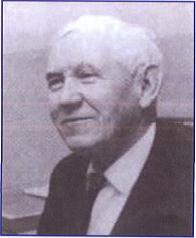
Ira Bell (1903-1982), Monticello, KY
He was a pioneer for the education rights of all children. During his 38-year tenure as Wayne County Schools superintendent, he implemented the first integrated school in Kentucky and one of the first in the nation on July 18, 1955.
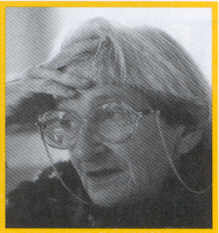
Ann Braden (1924-2006), Louisville, KY
For over 50 years, Ms. Braden has been deeply involved in the struggle for human freedom. She was the first recipient of the American Civil Liberties Union Roger Baldwin Medal of Liberty. Author of the book, The Wall Between, she is a writer and a civil rights teacher. She is a former journalist of the now defunct Louisville Times newspaper. Braden and her late husband Carl Braden came under public attack when they bought a house to sell to an African American couple in order to desegregate the Louisville Shively neighborhood. “All hell broke loose in Louisville and much of the rest of the state,” one person recalls. She moved to and has remained in the West End of Louisville while many white citizens fled to the suburbs after housing was integrated. She organized lobbying for legislation to desegregate hospitals and schools in Kentucky. She has worked on a variety of civil rights issues in education, organizing community activism and demanding government action. She was an organizer of the West End Community Council. She has been active in the Alliance Against Racist and Political Repression, both nationally and locally.
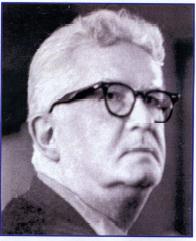
Carl Braden (1914-1975), Louisville, KY
Husband of Anne, he fought for civil rights and desegregation all his life. A former Louisville newspaperman, he risked everything when he bought a house in the allwhite Shively and sold it to an African American couple.He was charged with sedition, but the charges were later dropped.
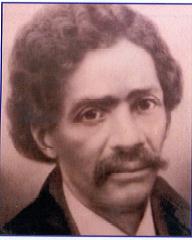
Edward Claybrook (1821-1896), Owensboro, KY
He initiated educational reform and equal education.He won a court battle, Oaybrook v. Owensboro,that made funding for black and white schools the same. The controversy forced him to leave his beloved town and live in exile for years.
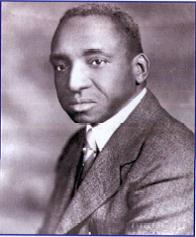
I. Willis Cole (1887-1950), Louisville, KY
He was editor, publisher and sole owner of liThe Louisville. Leader," an early 20th century newspaper that became the voice of the city's African American community for 33 years. It was the bedrock for understanding race issues and black aspirations.
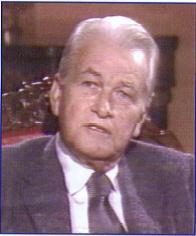
Governor Bert Combs (1911-1991), Frankfort, KY
The Kentucky governor was responsible for the creation of the Ky. Commission on Human Rights, the first such agency in the south. He signed the order that ended discrimination in Kentucky restaurants in 1963. He was one of the first governors to demand that an all-white Mississippi college admit an African American student.
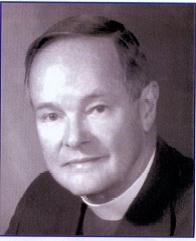
Bishop Robert Estill, Lexington, KY
He was one of a few prominent leaders who provided exemplary leadership during the 50s and 60s strUggles against discrimination in public accommodations and employment. In 1960, he became the first chair of the Kentucky Commission on Human Rights.
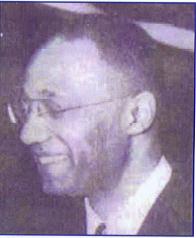
Rev. William Jones Sr. (1907-1968), Lexington, KY
He was pastor of the historic Pleasant Green Baptist Church from 1940 to 1968. Under his leadership, the church was the cradle of the civil rights movement in central Kentucky.
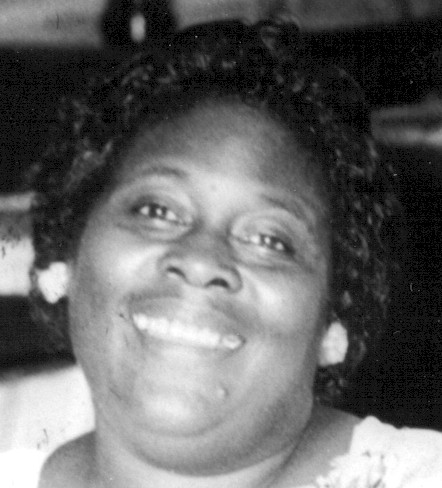
Julia Ella Lewis (1932-1998), Lexington, KY
In the mid sixties, the late Ms. Lewis was a leader in the Civil Rights Movement in Lexington, and was a key leader in the Kentucky Congress Of Racial Equality. She was a registered nurse by profession who focused on problems of segregation in theatres, education, shopping, trying on clothing and hats before purchase and public transportation. Nonviolent demonstrations and sit-ins were her weapons. Her voice and ability to extemporaneously quote Martin Luther King, William Shakespeare, Paul Lawrence Dunbar and the Bible would inspire and motivate marchers to continue in the fight for freedom. She was a leader of the march and deliberations that integrated her city’s food chain restaurants. She lectured throughout the state on the importance of freedom and responsibility. She participated with the historic Pleasant Green Missionary Baptist Church activities. She served as council in regard to civil rights issues to mayors, governors and presidents.
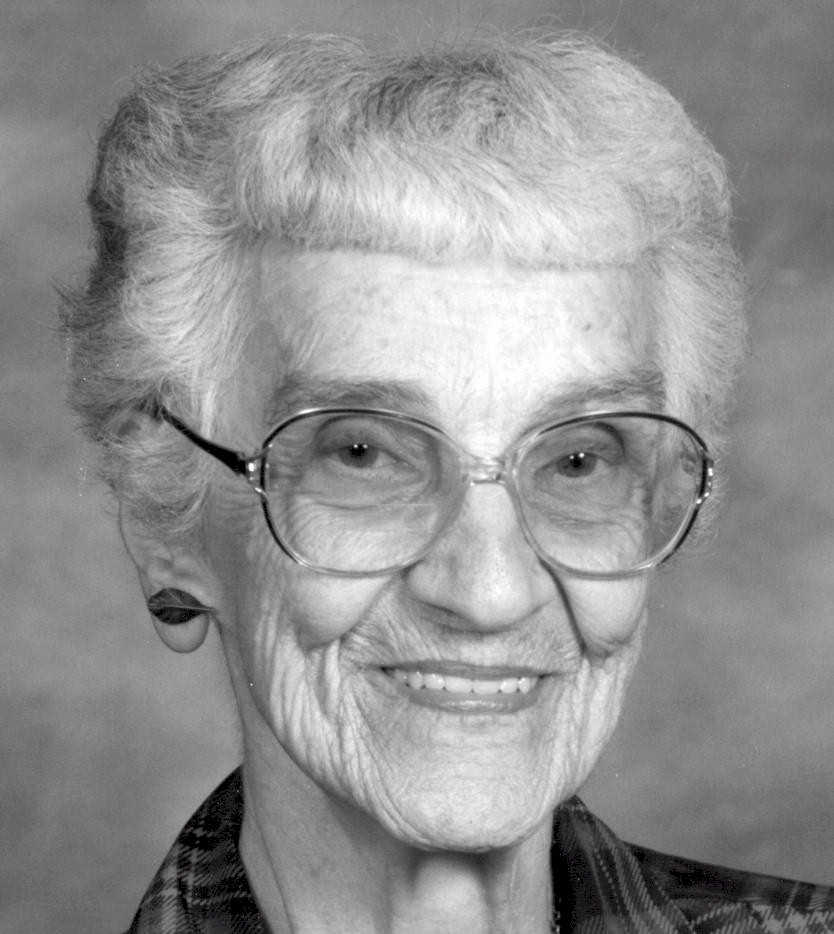
Dr. Abby Marlatt (1916-2010), Lexington, KY
Dr. Marlatt was instrumental in forming the Lexington chapter of the Congress of Racial Equality (CORE). She organized protests and marches in downtown Lexington. Even under pressure from officials where she was director of the School of Home Economics at the University of Kentucky, she persevered. She helped start the Lexington Committee on Religion and Human Rights, which was a force in calling attention to injustice in Lexington. She was a charter member of the Lexington-Fayette Urban County Government Ethics Commission as a representative of the League of Women Voters. She currently serves on the Board of Community Action and the Board of Emerson Center. Her primary focus is ensuring that barriers are eliminated for those unable to speak for themselves such as children, the elderly and minorities. The National Conference of Community and Justice honored her with its Brotherhood Award in 1985 for her tireless devotion to promoting justice in Kentucky.
He was the first African American graduate of Western Kentucky University in 1958. He was a role model for students for decades. He was educator, coach and public volunteer. He formed the first Negro Athletic League in Kentucky.
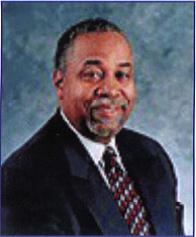
Senator Geral Neal, Louisville, KY
He represents the 33rd district of Louisville in the state general assembly. He is cochair of the senate Human Resources Subcommittee. He founded the Ky. Education Reform African American and All Children's Caucus. He served as United Nations monitor for the historic South African elections in 1994.
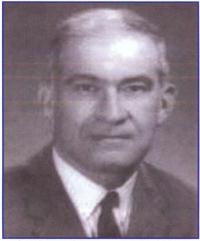
Professor Paul Oberst (1914-2002), Owensboro, KY
The early supporter of civil rights taught constitutional law at the University of. Kentucky. He pushed for the 1966 civil rights legislation and was a draftsman of that historic first civil rights law south of the Mason-Dixon line. He served as a Commissioner for the Kentucky Commission on Human Rights from 1979-1992.
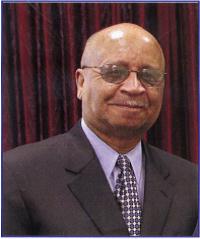
Dr. Samuel Robinson, Louisville, KY
He has promoted civic activism, freedom, social justice and racial equality for more than 50 years. He is Lincoln Foundation Inc. president. He has developed programs to help economically disadvantaged children graduate from high school and go to college.
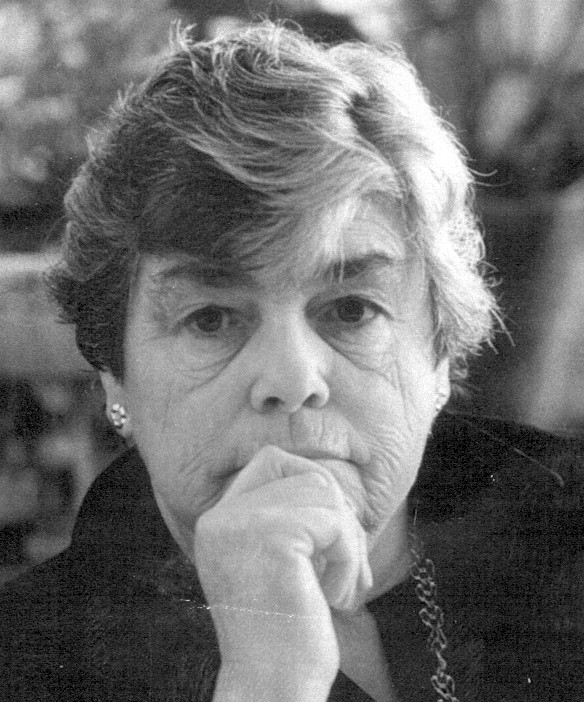
Lucretia
“Lukey” Baldwin Ward (1922-1996), Louisville, KY
The late Ms. “Lukey” Ward founded the Women’s Alliance of Louisville. She was a co-founder of the Allied Organizations for Civil Rights and a co-founder of the Louisville Chapter Southern Christian leadership Conference. She was a member of the Kentucky Commission on Women and the Jefferson County Domestic Violence Coordinating Council. She helped organize the civil rights March on Frankfort on March 4, 1964 to desegregate public accommodations. She was often involved in open housing marches in Louisville during the turbulent sixties. She was present in Selma, Ala., on March 7, 1965 with Dr. Martin Luther King Jr. She was the mother of U. S. Congressman, Mike Ward. “It’s very simple,” Mike said. “All that I am is because of her.” One supporter said, “She was white and a mother, daughter and wife. Before it was all over she had risked personal danger, contributed much of her inheritance, and endured taunts to herself and her children…but her all-consuming battle against racial oppression kept her going and kept her focused on the prize.”
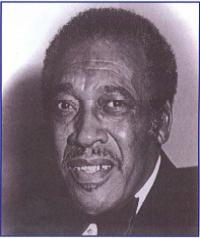
Jesse Warders (1917-1981), Louisville, KY
This Kentucky House of Representatives member cosponsored the passage of the state civil rights act in 1966. He was the highest ranking African American federal employee in Kentucky when he retired as deputy director of the U.S. Dept. of Housing and Urban Development.